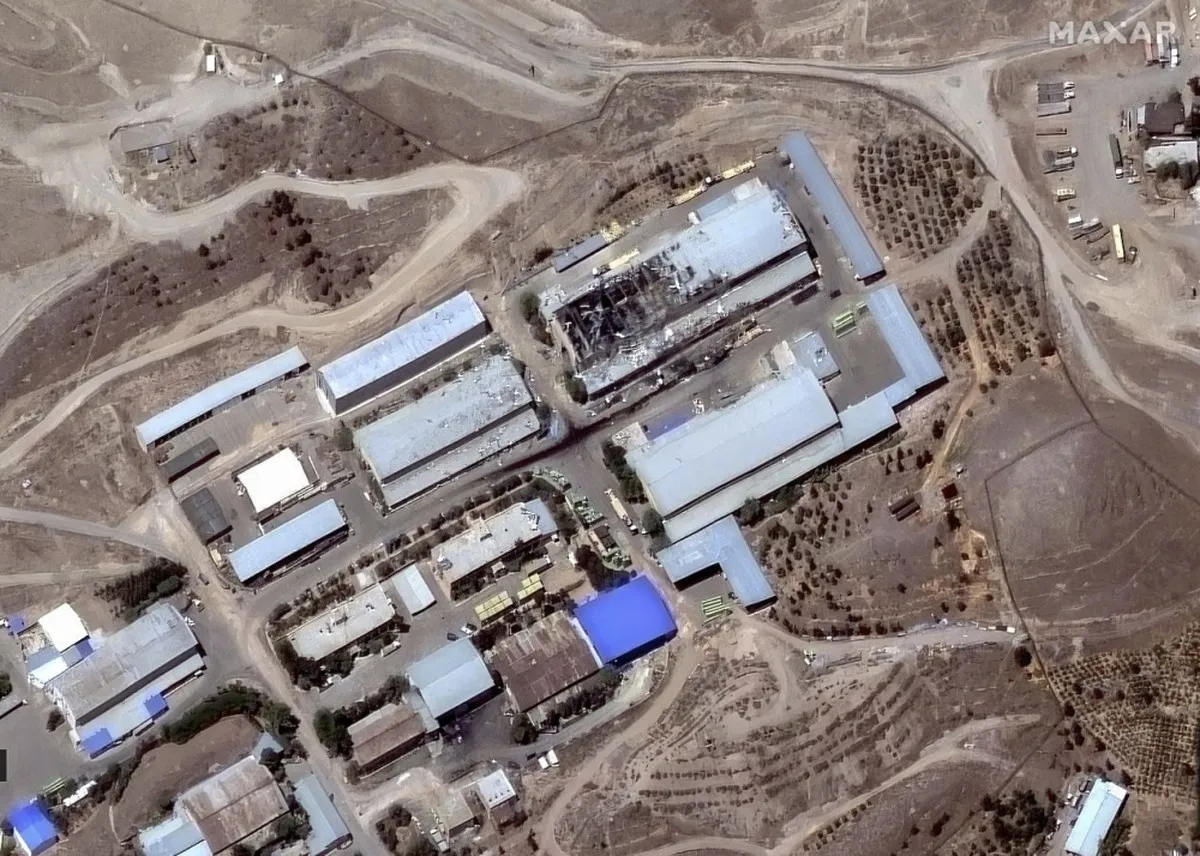16/06/2025
16/06/2025

VIENNA, June 16: The International Atomic Energy Agency (IAEA) Board of Governors convened an emergency closed-door session in Vienna on Monday to address recent Israeli military strikes targeting Iranian nuclear facilities. The urgent meeting was called at Iran’s request and supported by Russia, China, and Venezuela.
The discussion followed a memorandum submitted by Russian Ambassador Mikhail Ulyanov, who condemned the attacks as “a flagrant violation” of IAEA safeguards and “a dangerous precedent” threatening the integrity of the global nuclear oversight system. Ulyanov warned that ignoring these developments could erode the agency’s credibility and undermine international non-proliferation efforts.
Moscow emphasized that the targeted Iranian nuclear sites, including those at Natanz and Fordow, fall under the IAEA's supervision and are protected by international safeguards agreements. As such, any military action against these facilities constitutes a breach of international law and poses a threat to regional and global security.
Initially, Iran had sought to introduce a formal resolution condemning the Israeli attacks. However, diplomatic sources revealed that the measure lacked majority support among the 35-member Board of Governors. In response, Iran shifted its focus toward securing a broader statement that still includes condemnation of Israel’s actions.
The emergency session comes amid heightened military exchanges between Iran and Israel, with both sides launching retaliatory strikes. The intensifying hostilities have raised alarm over the potential for further destabilization in the region.
Under the framework of the Non-Proliferation Treaty (NPT), military action is not a recognized means of resolving nuclear disputes. Iran continues to urge the international community and the IAEA Board to denounce the attacks. However, in light of prevailing geopolitical divisions, the likelihood of a unified condemnation remains uncertain.
The outcome of the Board’s deliberations is expected to shape the international response to what appears to be a systematic targeting of Iran’s nuclear infrastructure. It also remains unclear whether the session will produce any immediate measures to de-escalate tensions or facilitate a ceasefire between the two regional powers.


